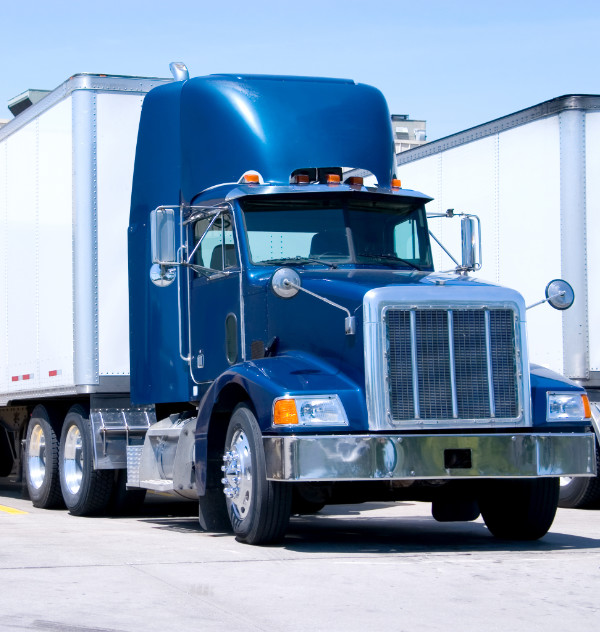Trucking insurance is a complex area of the insurance industry. An insurance company calculating the cost of premiums for trucking insurance considers a number of different factors.
The age and driving record of the truck driver are important considerations. Statistically, older drivers are at lower risk of accidents, as are drivers without a history of accidents or insurance claims. Higher premiums will be charged for drivers who are young or who have a history of insurance claims and traffic violations.
The insurer also considers the truck. Newer trucks often attract higher insurance premiums than older vehicles. The condition of vital truck components like brakes, tires and engine are also considered when calculating the insurance premium.
The insurer considers the usual route of the truck. Trucks that often use poor roads or roads that are affected by bad weather tend to attract higher premiums than trucks that travel over roads that are in good condition in good weather.
Human, machine and environmental factors all go into the equation when an insurance company is assessing the levels of commercial trucking insurance premiums to be charged. These three factors all contribute to the risks an insurer bears, and are therefore used to determine the cost of insurance for a policy holder.


Leave A Comment
You must be logged in to post a comment.